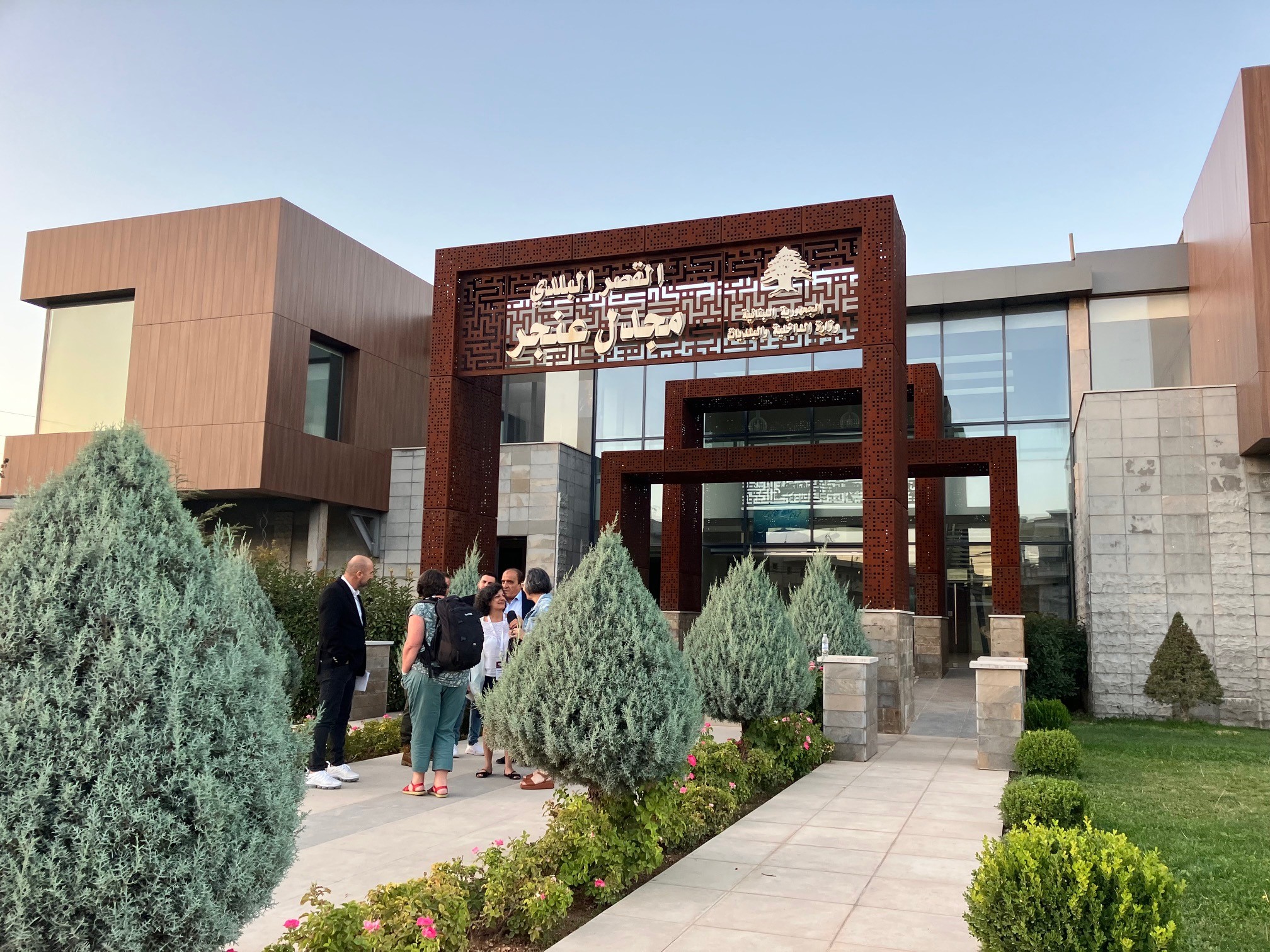
A new model for local leadership for health in Lebanon
Lebanon was a middle-income country, providing its citizens with reasonable social and health services. However, as a result of decades of poor governance, corruption, and clientelism, the country witnessed a series of crises resulting in social and political unrest. The influx of Syrian refugees since 2011, coupled with economic collapse from 2019 and the COVID-19 pandemic in 2020, triggered unpreceded challenges in governance of all sectors, including healthcare. The Lebanese health system remains fragmented and privatized, dominated by the interests of powerful lobby groups including private hospitals, doctors, pharmaceutical companies and lately global funding agencies, including World Bank and United Nations agencies.
ReBUILD’s team at the American University of Beirut (AUB) team began working with two neighbouring cadastres of the Beqaa Governorate-Zahle District, to implement a learning site project applying participatory action research to co-develop interventions to improve resilience capacities of the local healthcare system. The choice of Barrelias and Majdal Anjar was driven by the concentration of vulnerable populations there – both host and refugee communities – and the presence of representatives of most state and non-state actors involved in healthcare service delivery.
What problem is being addressed?
Decentralization of the health system is more theoretical than actual in many parts of Lebanon. However, the municipalities can be crucial in strengthening local health governance and easing the impact of any crisis due to their proximity to the local community, familiarity with available resources and ability to tailor measures to local circumstances (Akoum, 2020). Moreover, the COVID-19 response was clearly led by the municipalities and was efficient in containing the pandemic.
As in other public administrative bodies in Lebanon, municipality members lack a culture of accountability, giving more importance to their positioning in the social hierarchy than the flow of funds and resources to fulfil any particular mission. Concepts like equity, social justice and the right to health were missing from their working practices. Furthermore, local leaders lacked knowledge about health system functions such as inclusivity, strategic planning, and evidence-based decision making; their perception of health governance being limited to organizing charity support for individuals unable to pay for healthcare.
What did we do?
ReBUILD recruited a learning site team of eight local partners from NGOs, the Palestinian health system, the informal sector, municipality boards and the international aid sector.
Two Group Model Building workshops were conducted, which concluded that the main leverage point was the establishment of a structure at municipality level capable of planning, regulating and controlling the quality of healthcare services and equitably distributing resources for health, while paying special attention to data pooling and analysis to guarantee evidence-based activities. The intervention selected was “activation and empowerment of the health committee at the municipality level to be able to function as a local health governing body”. The Municipal Health Committee (MHC) at Majdal Anjar was born.
The learning site team used participatory action research methods to establish a technically strong team to advocate for the power of knowledge. The learning site team proposed a series of training workshops, and implemented training on strategic planning where the new leaders got to develop their strategic plan for the coming three years. After the technical session, a consensus on mission, vision, and guiding principles was reached, in line with the principles of equitable, inclusive and accountable governance of healthcare. In addition, the AUB staff, with members of the learning site team, made efforts to mentor and assist in the development of idea framing and action planning. With every new proposal, extensive discussions now take place until consensus is reached on the approach.
Impact
The MHC is now legally established under the Ministry of Interior. It has become a cohesive, coherent and knowledgeable group which adheres to its co-developed guiding principles. Those who were looking for personal gain are no longer involved, while third parties are hearing about the initiative and approaching the MHC to benefit from their expertise. This initiative is becoming a pioneering project and an example of community-led governance.
When the group was invited to vote for a slogan for their MHC, they opted encouragingly for ‘Health is a right and a responsibility’, highlighting their perceptions of the right to health and assuming their official responsibility for the administration of healthcare in the cadastre. When the municipality authorized an NGO to implement a screening program in the village without consulting with the MHC, MHC members asked to be included so as to make ensure this program complied with the principles of universality, equity, and sustainability. After meeting with funders, they succeeded in modifying the protocol to meet the goals specified in their strategic plan.
The MHC has acquired the knowledge and capacity to prioritize problems, find a solutions, develop action plans and manage implementation. At the time of writing, the MHC is implementing a breastfeeding education campaign, and has launched a collaboration with health facilities operational in the village. In addition, the MHC is in the process of negotiating a population-wide multifactorial health screening and a school health program.
Also, the MHC is preparing for the installation of software to pool data and a series of training sessions on data management and analysis to facilitate the use of the data in their future planning and monitoring processes.
In conclusion, the learning site approach has enabled local stakeholders to create a MHC which is leading on local health governance with an evidence-based and values led approach. They have recognised and found ways to overcome challenges which are often found in local governance structures and developed mechanisms to become self-regulating and to create accountability.
Further information
There are other ReBUILD for Resilience case studies here
Image:The Majdal Anjar municipality building